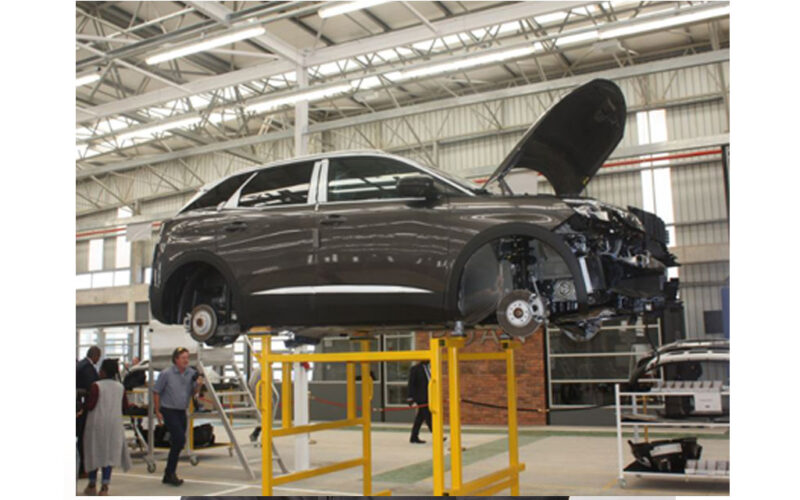Chamwe Kaira
With the future of the Peugeot Opel Assembly plant hanging in the balance, the government and PSA Automobiles, the two shareholders on the plant are expected to hold crucial talks that will determine the future of the plant.
“The two shareholders have to meet and agree on the way forward. That is all, I am allowed to say at the moment,” Michael Humavindu, deputy executive director of industrialisation and enterprise development at the Ministry of Industrialisation and Trade said this week. Humavindu is also a board member of the company.
It is not clear when the shareholders will meet because Observer Money gathered some officials representing Peugeot Opel on the board resigned after a High Court ruling that the matter be removed from the roll because the joint venture agreement concluded between the parties in clause 20 of the agreement makes provision for the parties to amicably resolve their disputes and if they fail to so resolve their dispute, refer the matter to arbitration.
Observer Money understands that the bone of contention is that PSA Automobiles argues that the Namibian Government did not provide them with the Duty Remission Scheme incentive as agreed upon in the Investment Agreement.
The government position, which it showed in its reply in the court, is that indeed it met that particular obligation. The additional issue that became a challenge is an additional duty on each car at 18% because of most components are not sourced locally in assembling the car as per the SADC Rules of Origin criteria of 60 to 40 ratio.
Another issue is that the company should at least have 40% of the total make of the car made up of local originating materials. However, there are provisions in SACU that enables the reduction of that 18% duty and the government went the extra mile to work through that and submitted the solution to PSA in August 2022.
Government sources said the attainment of 5000 cars per annum production is a matter of scaling up the plant, but the actual sales context is what matters and PSA has to do more work on the marketing side to do so.
The plant has assembled around 145 vehicles and government entities has so far bought 40 of those, according to government figures. Government has 49% shareholding and PSA has 51%. Due to existing infrastructure that was in the possession of government actual investment by both parties to ensure shareholding was less than N$50 million. The plant is now under care and maintenance until the impasse is resolved.




